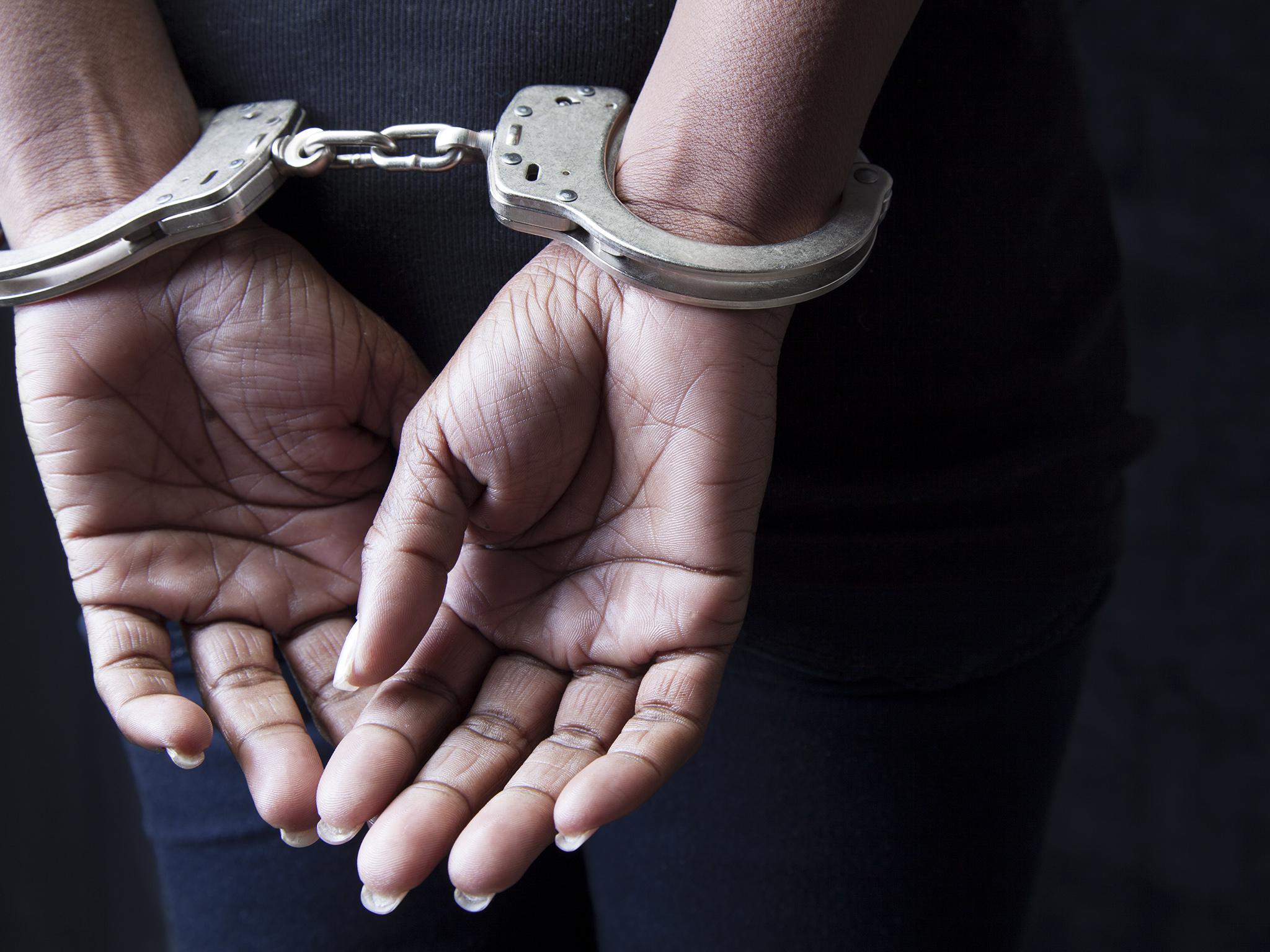Thousands of distressed women needlessly arrested each year, MPs warn
‘Arresting them for begging or shop theft will not tackle underlying issues,’ says report

Your support helps us to tell the story
From reproductive rights to climate change to Big Tech, The Independent is on the ground when the story is developing. Whether it's investigating the financials of Elon Musk's pro-Trump PAC or producing our latest documentary, 'The A Word', which shines a light on the American women fighting for reproductive rights, we know how important it is to parse out the facts from the messaging.
At such a critical moment in US history, we need reporters on the ground. Your donation allows us to keep sending journalists to speak to both sides of the story.
The Independent is trusted by Americans across the entire political spectrum. And unlike many other quality news outlets, we choose not to lock Americans out of our reporting and analysis with paywalls. We believe quality journalism should be available to everyone, paid for by those who can afford it.
Your support makes all the difference.Thousands of distressed women are needlessly arrested each year with up to half later released by police with no further action taken, MPs have warned.
The study, carried out by the All Party Parliamentary Group on Women in the Penal System, found the pointless arrests constitute a profound misuse of police resources and money.
Domestic abuse victims were especially vulnerable to being unnecessarily arrested by police, detained in custody but then released without charge.
The briefing, carried out with the Howard League for Penal Reform, says: “Forces should investigate whether the duty to take positive action in alleged domestic violence incidents is unnecessarily driving up arrests of women.
“Officers do not have to arrest and can take alternative positive action, such as finding somewhere safe for the woman to go, where she is not in the same house as the other party. If officers arrive at the scene and have no or limited knowledge of the background to the incident, they may arrest women when it is not necessary or proportionate.
"An unnecessary arrest can be distressing and damaging for women and it is important that officers have the skills to make the right decision quickly.”
In one police force, almost three-quarters of the women arrested were previously alerted to officers as being survivors of violence or sexual violence. While more than half of them had been subjected to domestic abuse.
Some 40 per cent of women arrested for non-violent offences such as theft were released without being charged with no later action taken.
MPs and peers drew attention to a case where a woman outside of a supermarket was arrested for begging, while another woman was arrested after stepping out into a main road continuously.
While a woman known to suffer from mental health problems who was deemed to be drunk was arrested for trespassing in an area owned by the railway.
The report says: “If women do need support arresting them for begging or shop theft will not tackle underlying issues causing poverty and may even drive women further into the criminal justice system if they end up with fines which they have no means to pay.”
Black, asian and ethnic minority women were found to be more than twice as likely to be arrested as white women yet less likely to be charged after their arrest.
Police forces made almost 100,000 arrests of women during the year ending March 2019. Out of over 43,000 arrests for alleged violence in this period, 19,000 led to no further action being taken.
The findings of the report were based on data from five police forces in England and Wales.
Baroness Corston, co-chair of the all party parliamentary group, said: “Women are brought into the criminal justice system unnecessarily. Although arrests have fallen slightly in recent years, the evidence shows that there is still much to do to ensure that women get the support they need without being criminalised.”
Jackie Doyle-Price MP, another chair of the group, argued there needs to be greater “progress on the ground”.
“Diverting women to support services instead of arresting them is a smarter use of police resources that helps to reduce crime,” she said.
Frontline service providers have frequently warned women in prison are often victims of much more serious offences than the ones they have been convicted of. While a report from the Prison Reform Trust found 80 per cent of women in jail were inside for non-violent offences.


Join our commenting forum
Join thought-provoking conversations, follow other Independent readers and see their replies
Comments